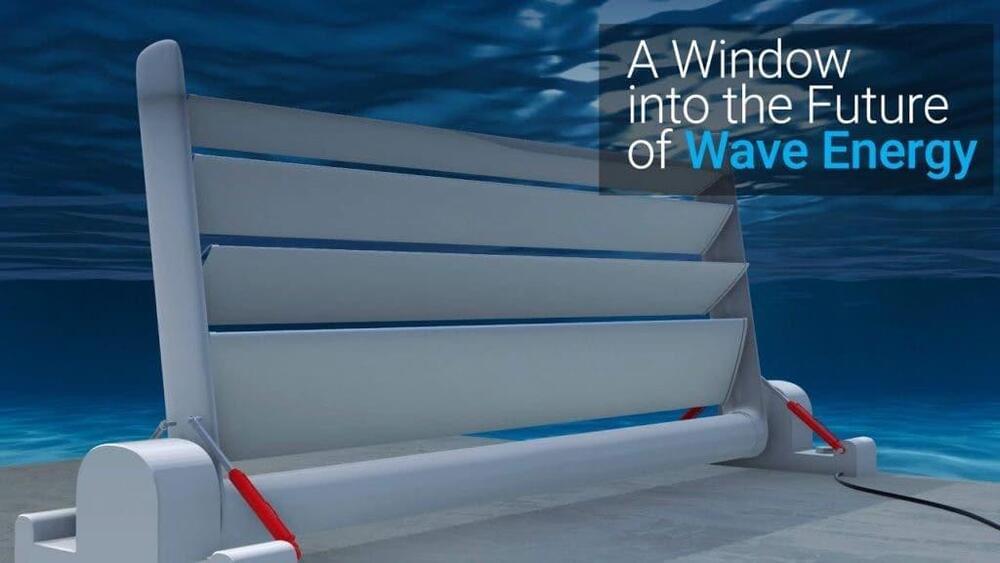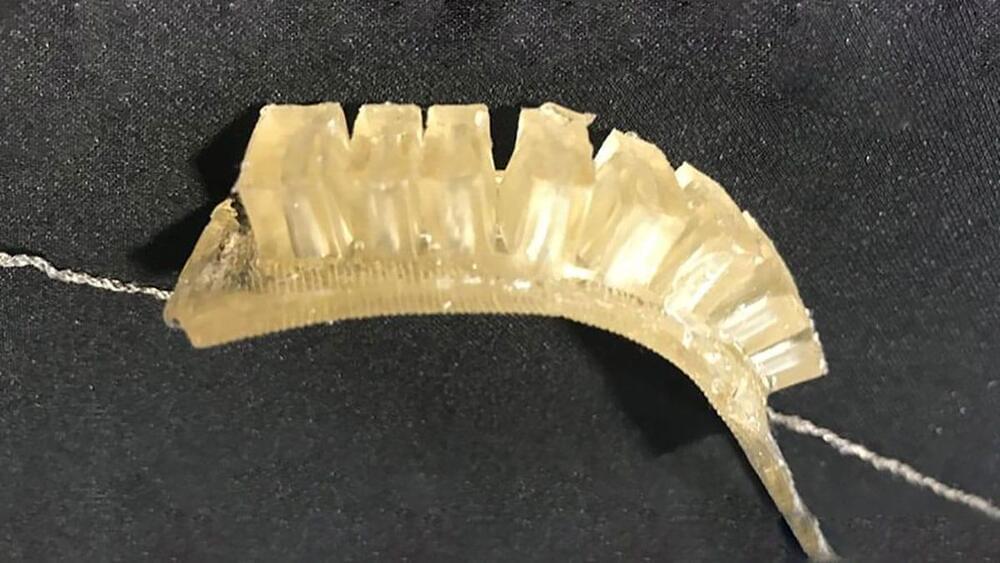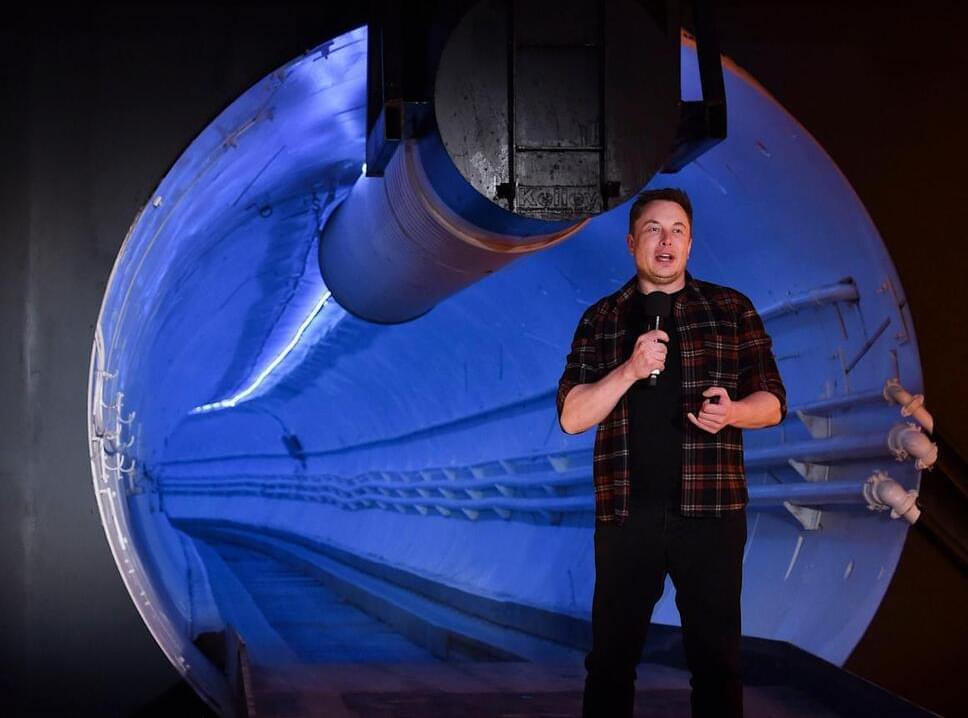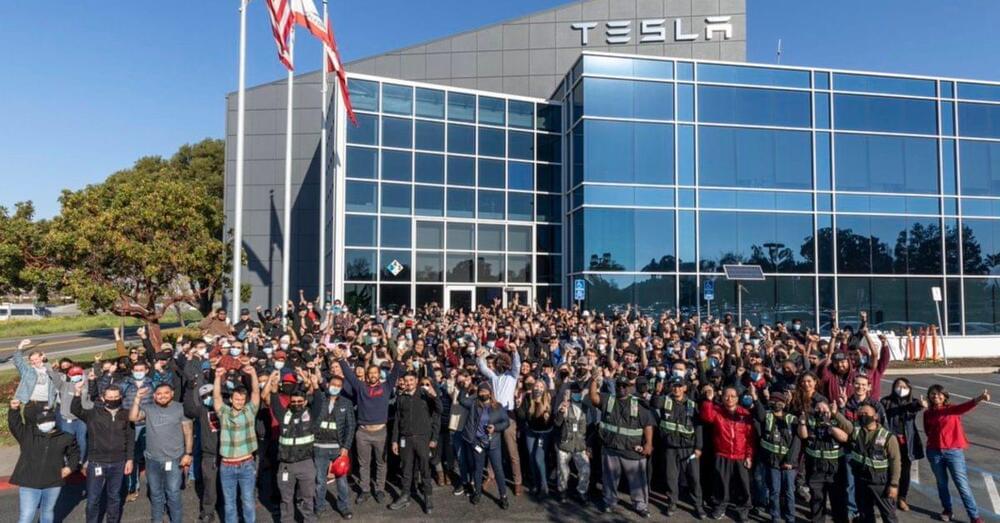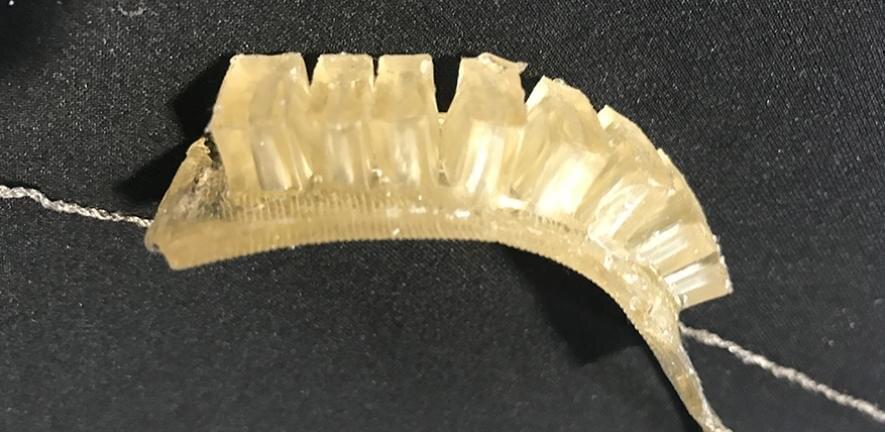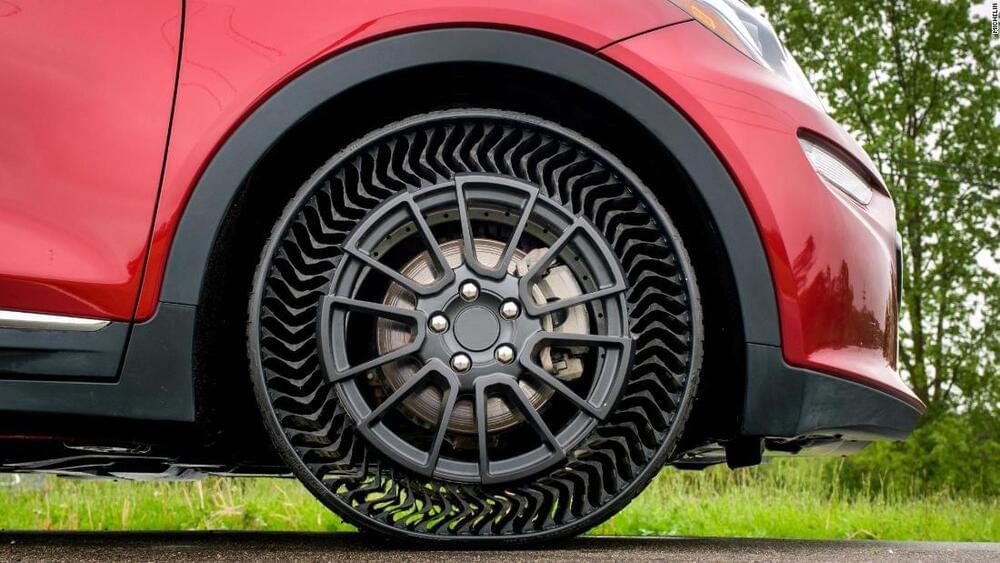Feb 20, 2022
New catalysts steer hydrogen fuel cells into mainstream
Posted by Shubham Ghosh Roy in categories: biological, chemistry, space travel, sustainability
Cornell chemists have discovered a class of nonprecious metal derivatives that can catalyze fuel cell reactions about as well as platinum, at a fraction of the cost.
This finding brings closer a future where hydrogen fuel cells efficiently power cars, generators and even spacecraft with minimal greenhouse gas emissions.
“These less expensive metals will enable wider deployment of hydrogen fuel cells,” said Héctor D. Abruña, the Émile M. Chamot Professor in the Department of Chemistry and Chemical Biology in the College of Arts and Sciences. “They will push us away from fossil fuels and toward renewable energy sources.”


